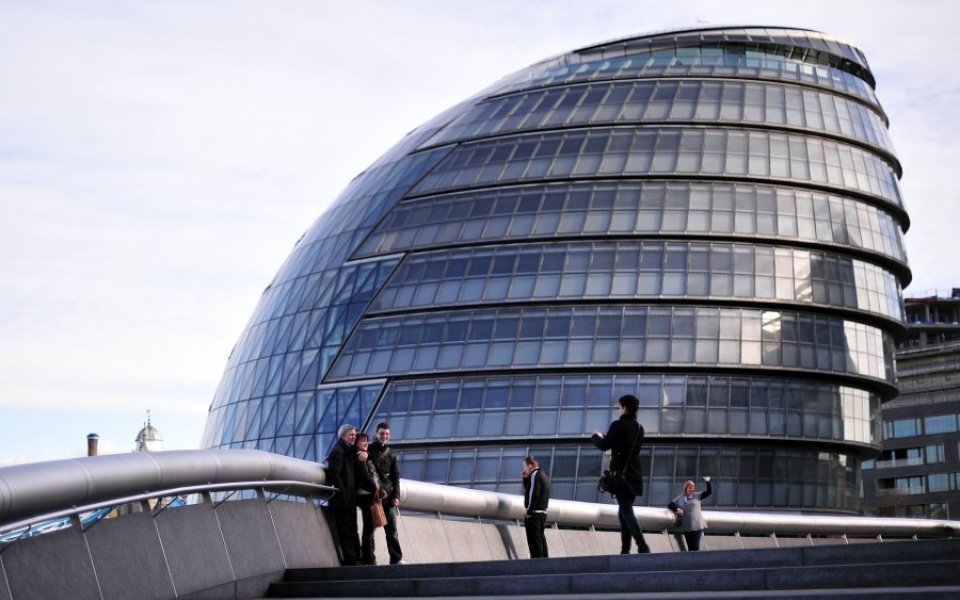How is London going to pay for all that infrastructure? The future success of our vibrant, world class city depends on it.

£1.3 trillion is not a number you come across often, but when you do it is a figure that is so incomprehensible, you might as well use the term ‘infinite’.
However, £1.3 trillion is the sum devised by City Hall for the funding required to meet London’s infrastructure needs by 2050. That’s £37.1bn a year for the next 35 years, or £101m a day.
When a sum is that large, it can sometimes be easier to think about more manageable matters. For the next mayor, though, that number is directly linked to the success of London over the next half century, so they will need to be giving it some thought.
Included in that £1.3 trillion is everything from road refurbishments to waste facilities. Calculated as part of the London Infrastructure Plan 2050, the first attempt by London’s government to set out all of the city’s future infrastructure needs, the figure represents the total cost of investment to keep London moving as its population increases to a predicted 11 million people.
For the next mayoral candidates, the task must be to answer how London will pay for those improvements without relying on the uncertainty of securing government funding or overburdening the taxpayer.
The next mayor’s decisions on how we pay for that infrastructure will affect almost every aspect of their term in office, from the affordability of housing to the quality of our air.
In the Institution of Civil Engineers’ (ICE) Infrastructure for London Manifesto we set out a number of innovative ways that City Hall can open new sources of funding to pay for the improvements that London needs. More localised funding will be required and a better mechanism for harnessing investment from the private sector will be vital.
In Chicago, their mayor Rahm Emmanuel established an Infrastructure Trust to attract investment through the issuing of bonds. The Trust successfully funded a $12m (£8.4m) retrofit programme for public buildings and recently negotiated a $32m 4G upgrade of the Chicago transit system. Setting up a similar scheme would be possible in London and is something the next mayor should consider.
City Hall will also need to examine its sources of public funding. In our manifesto, we call for a review of road user charges to assess whether new charging zones or tolls are required, and how any future schemes could increase revenue for transport projects. Transport accounts for £973bn of the total infrastructure bill and is essential if we are going to deliver the required homes for London’s ever increasing number of residents.
For the next mayor, it is imperative that they consider how they plan to pay for the infrastructure. The future success of our vibrant, world class city depends on it.